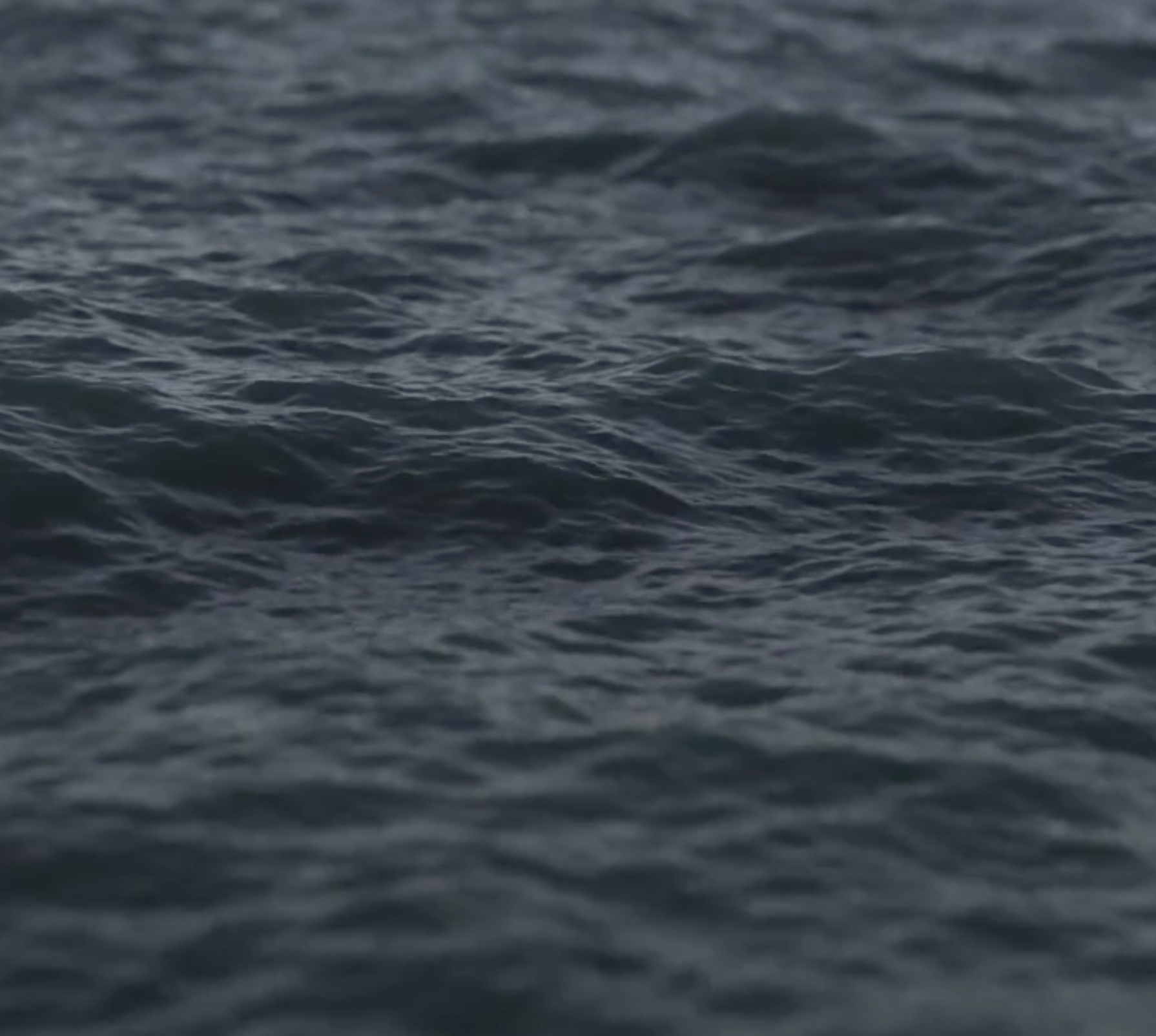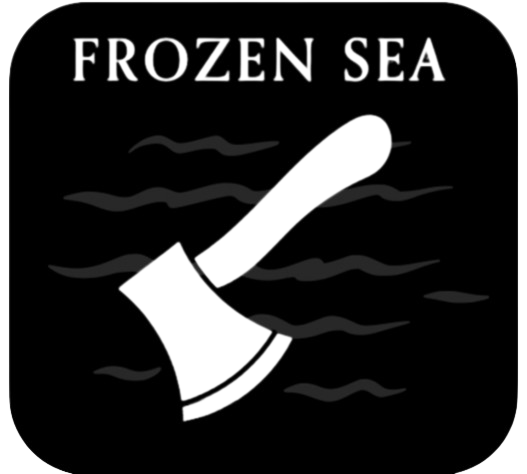
A Review of YR DEAD by sam sax
Review by William Ward Butler
I’ll admit that I love it when a poet writes a novel; it’s almost like such a book arrives having already been vetted, that I can trust I’ll be impressed on a sentence-level and can more easily relax into the vision that’s being offered.
It comes as no surprise to me that sam sax’s debut novel, YR DEAD, captivates the reader with sharp, inventive writing that reads like intricately layered prose poetry, and also dazzles with the conceit of the book itself—in the first few pages, it’s established that the narrator, Ezra, is setting themself on fire in front of Trump Tower for one final act of protest with the hope of cutting through the noise of trending news cycles and vanity activism.
What follows, then, is Ezra’s life flashing before their eyes—at times seemingly floating above themself, or through various points in their own lived history and the histories of Ezra’s family; from a structural point of view, this allows sax to quickly cut between scenes with the exacting control of an auteur and opens up a bounty of possibilities in perspective and narrative.
I’ve long admired sam sax’s poetry for its concision, marveling over what sax is able to achieve in only a few lines, and the structural choices in YR DEAD allow sax to showcase their skill in rendering unexpected images that’s been honed over three full-length poetry collections and a handful of chapbooks. When Ezra attends a May Day protest, police arrive and indiscriminately fire tear gas upon the crowd:
The gas moves around us like new weather. Alone together and breathing in poison, all my language won’t be enough—only substitutions will do. My eyes are two sick onions. My eyes are goats slaughtered wrong. My eyes, twin libraries burning.
One of the great achievements of YR DEAD may be in how it allows the reader to understand, if not empathize with, Ezra’s self-immolation; the effect is not a call to self-immolate, rather, it’s an acknowledgement for how someone could feel the desire to create change so intensely, and urgently, that self-immolation was chosen.
Of course, I nurse the wild narcissist in me who believes something may pivot following my death. Not like an end to war or anything that grandiose, but maybe a subtler change, some minor shift in the language, maybe a progressive bill with my name attached to a list of names that stalls out in Congress. The first World War began after some Hungarian with a fancy mustache was shot. A butterfly flaps its wings in Kyoto. A fire is lit.
•
At the last protest before my last protest, I grow nauseated by the pageantry—the photo-op signage, the three-hundred dollar jackets with political slogans pre-sewn-in, the mind numbingly repetitive chanting. Maybe the problem is that I understand too well. This is a salve for practitioners and the easily sated. Supermarket sheet cake for the choir.
sax is able to condense these large ideas and convey them in just a few sentences: Ezra critiques the insincerity of these protests—not what is being protested (the beginning of Trump’s presidency, worsening climate change, unfettered global capitalism, the imperial aims of the U.S.), instead finding fault in how these protests achieve very little, especially when comprised of protestors who are only there briefly, for the optics, and are not committed in any meaningful way. By self-immolating, Ezra pursues an extreme political action in the hope of affecting change, however small, in service of tangible progress toward a more tolerable future.
In reading YR DEAD, it’s impossible to not be reminded of Aaron Bushnell, the active-duty member of the U.S. Air Force who, in February of this year, self-immolated outside of the Israeli Embassy in Washington D.C in protest of Israel’s continued genocide in Palestine; it’s notable too, that Bushnell’s self-immolation was not the first to occur in the United States for this reason.
sax is aware of this resonance, clearly, though the book was completed before Bushnell’s self-immolation. One passage references instances of self-immolation for protest across the globe (“In East Texas. In Greece, or Israel, or Bulgaria, or Poland, or India, or China, or Saudi Arabia or—, or—, or—”) and in another, Ezra predicts, with astonishing clarity, the likely reception of the news of their own self-immolation:
I imagine the major media outlets will do their best to suppress the images of me. But of course, every American at this time has little eyes in their pockets. Little eyes that can record, or capture a moment in time, and upload it to the cloud where immediately it’ll take off like a carnivorous fungus. At first, every social media platform will take the video down, claiming the need to protect children. Then they’ll add a content warning. Then there will be no barrier at all. And then no one will care. When the first official images are released in the New York Post, I’ll look like something from a movie—how someone’s lit on fire in a movie. As if I’m wearing protective gear, as if I were a thing with a double, being paid to smile even while being eaten alive.
What follows is another example of sax’s ingenuity in the control of perspective: the reader is taken to the comments below the video of Ezra’s self-immolation; the casually cruel reactions; the upsettingly accurate lack of empathy from anonymous online commenters; the way this final act of protest can be acknowledged, briefly, and then promptly forgotten.
Jeezus what an image
Hardly what one wants to begin the day with. Such a sad story.
Clearly an unstable individual. What a way to go out 🔥
I wonder if he was cremated…? (too soon?)
Videos of marvel’s the human torch
Thinning the herd
Ok libs this is the new challenge, you up for it?
RIP Human Torch
Getting all hot under the collar doesn’t solve anything.
The snowflake has melted. One less mentally disturbed individual walking the streets.
The fact of YR DEAD’s narrator, Ezra, being queer and nonbinary is decidedly intentional: sax engages queerness as a vehicle for imagining radical new futures, echoing the work of authors such as Samuel Delany, José Esteban Muñoz, and David Wojnarowicz.
In addition to an all-encompassing view of the circumstances that led to Ezra’s self-immolation, YR DEAD offers a queer bildungsroman: a childhood spent feeling estranged from, and in admiration of, boys; humorously awkward and regrettable college encounters; a retrospective of past lovers as remembered through their brands of cigarettes and also through scenes that are both tender and unsettling.
sax demonstrates impeccable discernment when depicting queer desire and yearning; so often, a sanitized version of the queer coming-of-age story is told which strips out all the things that make being a queer who is coming of age feel authentic. sax’s vision of queer desire is one that is often ruinous, almost mutually destructive, which feels closer to the truth of lived experience than any saccharine, neatly-packaged romance.
Once a week I go to Nowhere. It’s a long basement on Fourteenth Street. I go to Nowhere on Tuesdays and am no one there. Ride the thirty-minute subway from my apartment to sit behind a beer or a mixed vodka drink or a slushy during the summer months and stare into my phone or at a book in my phone. I like it most when it’s dead. I go to be a boy there, in my most boy drag… I love meeting strangers at Nowhere, and knowing it will go nowhere, that this will likely be the only time we ever speak.
Finally, I would be remiss in not acknowledging how absolutely funny YR DEAD can be. In a New York City punk house, Ezra meets an irritable twelve-year-old corgi named after the philosopher Deleuze (“Ennui, we call it in humans; doggui, no one calls it in dogs”). Texting with a friend about the papers in an artist’s archives, Ezra notes how they’ve never been to an archive:
Ezra: If I ever go to one, I’m gonna to eat all of the letters.
Ericka: you’d get ARRESTED.
Ezra: Yes, but then I’d be full of secrets.
Adept at writing lines of poetry textured with deep emotion and memorable imagery, sax wields that same specificity and attention to detail to great humorous effect:
At the Jewish socialist summer camp for monied kids from the tri-state area we sing Zog Nit Keynmol. We sing the Libertade… We march out into the woods and build fires and pretend to be regular boys. Here, among only Jews, we are suddenly good at sports, and we spike up our hair with copious amounts of gel, preparing to talk to girls.
Scattered throughout YR DEAD are eminently quotable, laugh-out-loud one-liners like:
Art is so embarrassing, and if it isn’t at first blush, just give it a few years, it will be.
•
Love is just another thing that happens to you, like a rash or a bad radish or a car accident.
YR DEAD is a novel that’s about death just as much as it is about what remains after death: the moments shared with friends; the foundational memories of a family; one’s own legacy; constructed myths; collective action; atomized data points containing the minutia of one’s life; furniture and clothing that outlives its owner; notes in the margins of a book; the world we leave to others after we’ve passed through it.
YR DEAD by sam sax –
out August 6 with McSweeney’s
If you are an author or publisher with a forthcoming novel or book of poetry and would like to be considered for a review, please email the editors:
editor [at] frozensea [dot] org
William Ward Butler is the poet laureate of Los Gatos, California. He is the author of the poetry chapbook Life History from Ghost City Press. His recent poems have appeared or are forthcoming in Bennington Review, Denver Quarterly, Five Points, RHINO Poetry, and other journals. He is co-editor-in-chief and website manager for Frozen Sea.
You can find him online at williamwardbutler.com
Frozen Sea is based in Santa Cruz, CA
ISSN 2995-6293
🌊🧊🪓
↓



